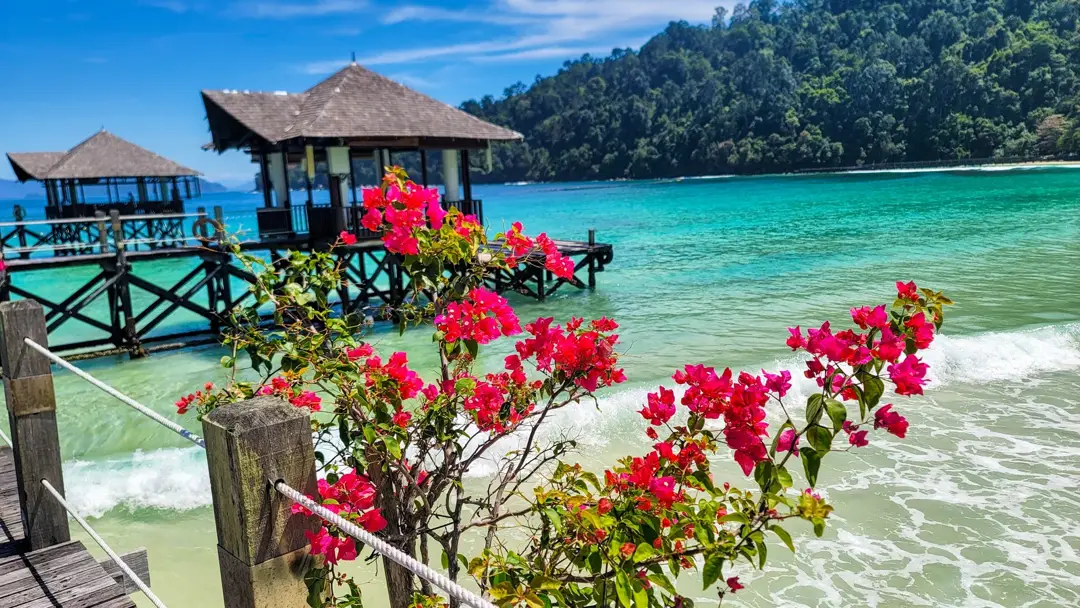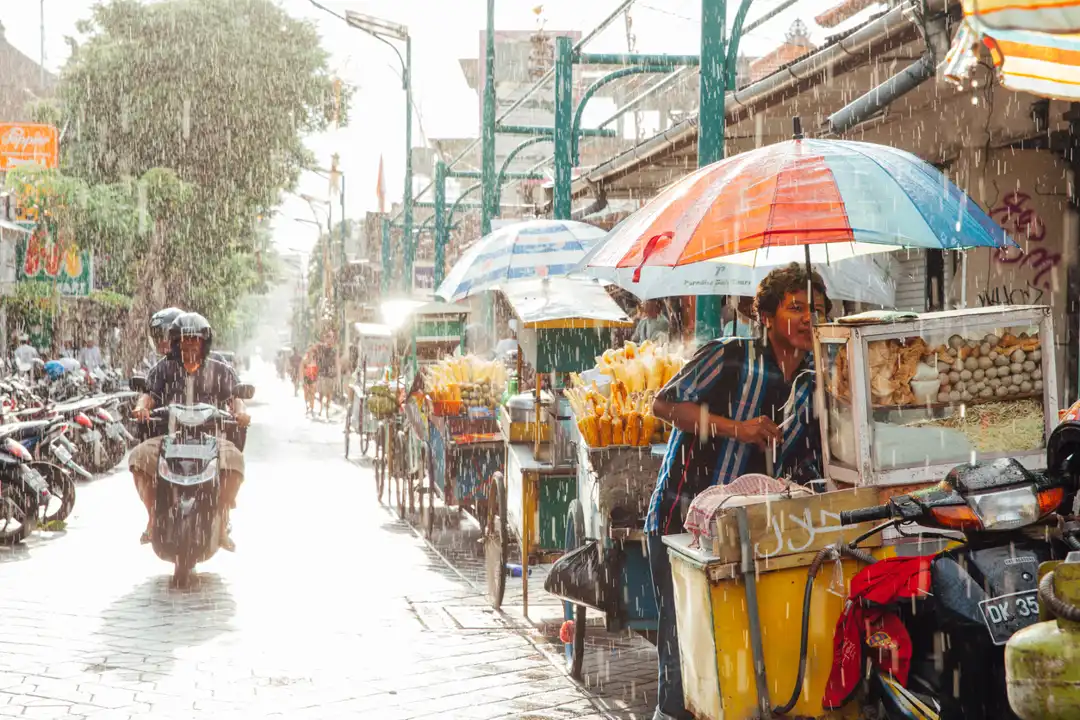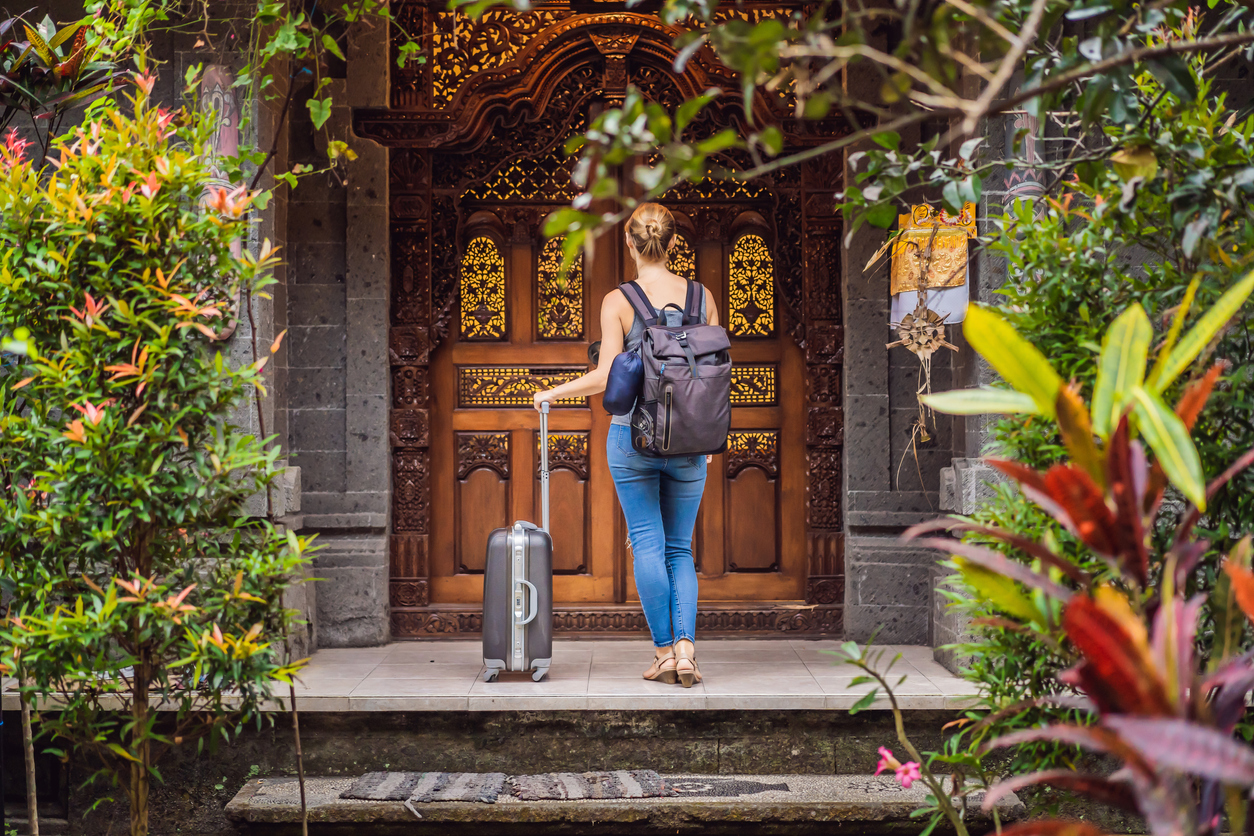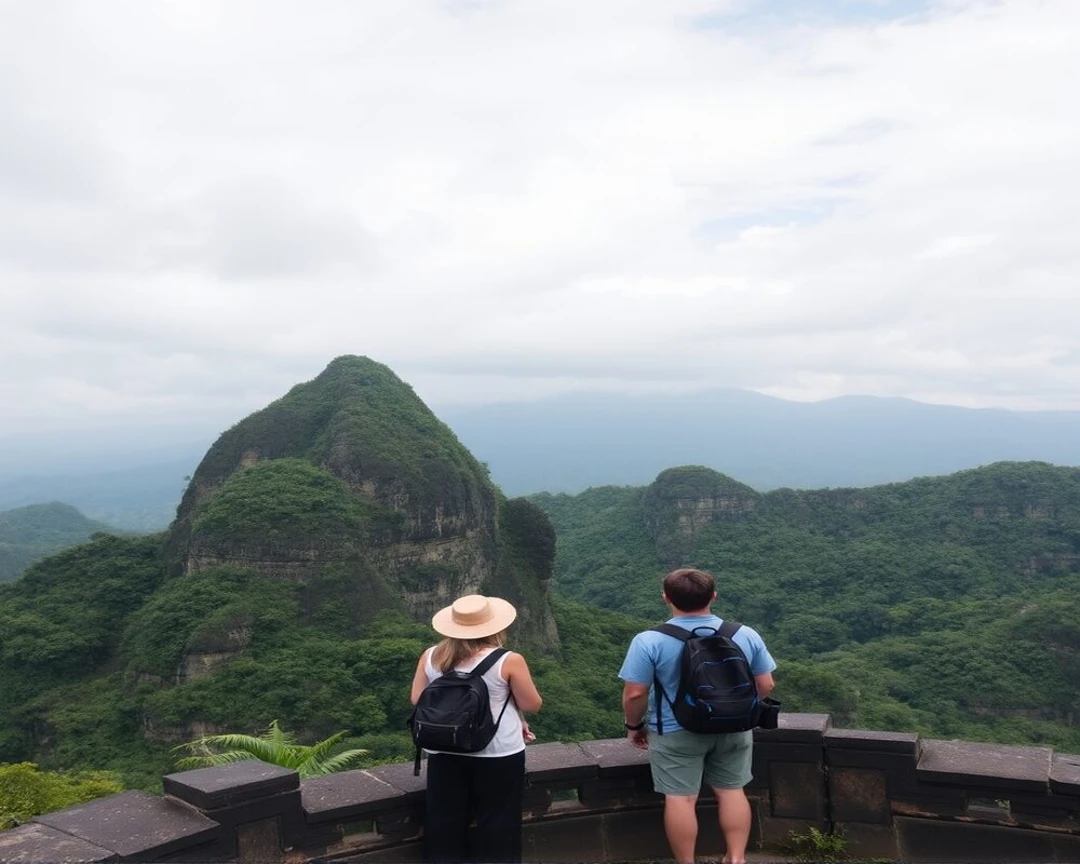Bali will continue to attract global travelers seeking tropical scenery, vibrant culture, and peaceful vacation destinations.
However, as relevant issues and information change, many people are asking the same question: Is it safe to travel to Bali now?
This article provides a clear, up-to-date, and balanced guide to help you make an informed decision before going to Bali.
Maintaining a stable internet connection in Bali is essential for both safety and convenience. To stay connected throughout your trip, it’s recommended to choose a reliable provider like iRoamly before you depart.

Is It Safe to Travel to Bali Right Now?
Yes. Bali is considered a safe destination.
Here, you will experience the warmth and hospitality of the locals and immerse yourself in Indonesia's rich traditions.
The entire island exudes vitality and warmth, making every visitor feel safe and comfortable, as if they were at home.

However, taking the time to familiarize yourself with local laws, health and safety warnings, and some important measures can help you stay well-informed and in control of your trip.
Bali Safety Updates According to the official Canadian government website, demonstrations have continued across Indonesia since July 2, 2025.
If you attend a demonstration and/or travel to a protest area, you may face questioning and/or detention by the police.
You can check the latest updates here: https://travel.gc.ca/destinations/indonesia
Nature Safety
1.Weather Condition
Bali is a tropical paradise, but it's not always sunny. The dry season (April to October) has minimal rainfall and pleasant weather, making it the best time to visit indonesia.
Bali's rainy season lasts from November to March. If you plan to travel to Bali during this period, be sure to bring an umbrella with you.

2. Volcanic Risk
Bali is located on the Pacific "Ring of Fire", which means there is a risk of earthquakes and volcanic activity. As of July 2025, Mount Agung and Mount Batur are closely monitored and are currently stable.
When planning a trip to Bali, keep these natural precautions in mind to ensure your safety.
Before and during your trip, keep an eye on local news and weather apps for alerts of volcanic activity and severe weather.
Additionally, please choose a stable Indonesian mobile network so that you can receive the latest updates at any time.
3. Transportation and Infrastructure
Bali's roads are congested, especially in the southern tourist areas. Motorbike rentals are common, but require careful driving due to traffic jams and limited road rules.
Ride-hailing apps such as Gojek and Grab are safe and affordable options for short trips.
4. Political and social stability
Bali is a province in Indonesia with political stability, social stability and simple folk customs. There are occasional demonstrations, but they are usually related to local affairs and will not involve you.
Tip: Please do not participate in any related marches and demonstrations when traveling there.
5. Personal Travel Safety
Bali is very safe for solo travelers (including women). Most Balinese people are friendly and respectful.
Tip: Avoid traveling alone to remote areas late at night, and dress appropriately when visiting temples.

Local Laws
1. Drugs
Drugs are strictly regulated in most countries around the world. As a populous Asian country, China strictly prohibits marijuana, while Indonesia also classifies it as a Schedule I drug, banning any medical use, cultivation, or distribution.
2. ID requirements
When you travel, it’s important to always have a photo ID on you. A basic photo of your passport or ID card can save you a big headache in an emergency.

3. Respect locals and other visitors
Visitors should always show respect toward Indonesia’s religious traditions, sacred sites, and cultural rituals.
4. Dress appropriately
Dress and behavior codes are conservative in many parts of Indonesia. Be careful not to offend local residents.

5. Note About Photography
It is sometimes illegal to take photos in some places in Indonesia. Please obey signs prohibiting photography.
Crime in Bali
Bali is a very safe place to visit, but like any tourist city, crime still exists. Avoiding high crime areas and keeping your valuables safe will help ensure you have a great experience in this fascinating city.
1. Petty crime
Petty crime, such as pickpocketing and purse snatching, occurs throughout Indonesia, specifically in tourist areas, such as Bali and Lombok.
Tie up your wallet and keep your valuables safe so that it is more difficult for pickpockets to steal your valuables.
2. Kidnapping
There is a threat of kidnapping, particularly in the provinces of Indonesian Papua and Aceh province.
You should avoid traveling alone and after dusk. Use different routes and schedules when you move between locations.

3. Spiked food and drinks.
Even if the wrapping or container appears intact, snacks, beverages, gum and cigarettes may contain drugs that could put you at risk of sexual assault and robbery.
Tip: Be wary of accepting these items from new acquaintances and never leave food or drinks unattended or in the care of strangers.
Tips for Traveling Safely in Bali
Travel Insurance and Medical Coverage
Always travel with comprehensive insurance that covers health emergencies, trip cancellations, and natural disasters. Some resorts and activities may require proof of insurance.
Respect “Canang Sari” offerings
You’ll see small woven baskets with flowers and incense on the ground. These are daily Balinese Hindu offerings—never step on or disturb them.
Be cautious of hidden fees
Some ATMs and credit cards charge high withdrawal or conversion fees—check your bank’s foreign transaction policy.

Money and Scams
Use ATMs in reputable areas, and avoid shady money changers offering unusually high rates. Be cautious of scams involving overpriced tours or fake tickets. Always book through trusted vendors or your hotel.
Environmental Awareness
Bali is pushing for sustainable tourism to protect its fragile ecosystem. Avoid touching coral or feeding wildlife. Support eco-conscious tours and bring reusable bottles and bags to reduce plastic waste.

FAQ
1. Do I need a visa to enter Bali?
Citizens of many countries (including the U.S., UK, Australia, and most of Europe) can enter Bali visa-free for up to 30 days or obtain a visa on arrival. Check current rules before you go.
2. What currency is used in Bali?
The currency is the Indonesian Rupiah (IDR). Credit cards are accepted in most places, but carry cash for smaller vendors.
3. What should I wear in Bali?
Light, breathable clothing is ideal. For temples, dress modestly—cover shoulders and knees. A sarong is often required.
4. How can I enjoy Bali’s nightlife safely?
Enjoy safely by not over-indulging and never walking away from your drink.
5. How should I respect local customs in Bali?
Cover up when visiting places of worship, remove your shoes before you enter temples or homes, and act respectfully to locals.
Conclusion
Bali remains as popular as ever, offering a breathtaking combination of adventure and relaxation. So, get ready to have a great time.
Whether you want to immerse yourself in rich culture, take in stunning views, or just relax on the beach, Bali has it all.
It’s a great destination – and a very popular one. If you’re prepared, you’ll have a blast.
